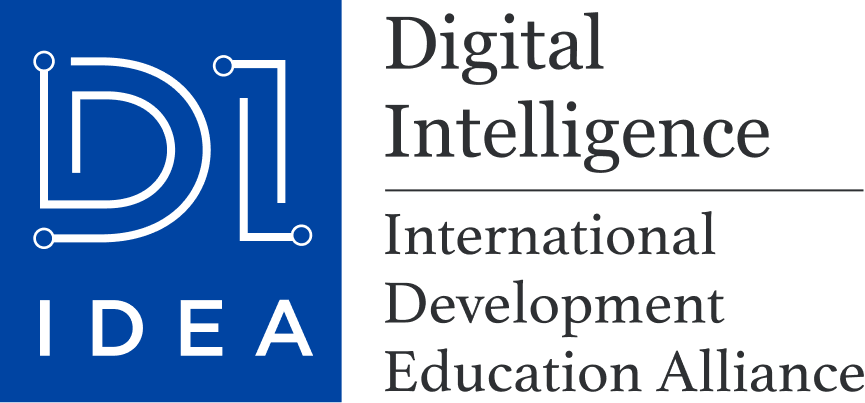The University of Hong Kong has launched a cutting-edge digital platform called e-learning, which has significantly enhanced the efficiency of educational resource utilization and the quality of learning process management. Furthermore, this platform has made breakthroughs in fostering autonomous learning and critical thinking abilities. A highlight of the e-learning platform is the integration of chatbots. This intelligent tool provides round-the-clock, real-time text support to effectively answer student inquiries regarding course content. Chatbots have notably increased the speed at which students receive feedback, with their 24/7 availability earning widespread recognition. The introduction of chatbots exemplifies the application of educational technology in personalized learning support. Additionally, e-learning incorporates advanced language models like ChatGPT to enhance the process of teaching, learning, and assessment. However, these tools present their own challenges. For example, educators may find it difficult to identify AI-generated content. Tools like GPTZero, OpenAI Text Classifier, and Writer AI Content Detector enhance authorship verification by assessing textual complexity and stylistic shifts. Meanwhile, computational linguistics tools such as Coh-Metrix enable educators to compare the writing styles across student submissions, ensuring fairness in assessments.
To address the potential impacts of AI tools, the University of Hong Kong encourages faculty members to design assignments that promote students’ deep thinking and creative writing. This includes requiring students to submit drafts or writing plans for comparison with final submissions, recording the writing process via screen sharing, and reflecting on the process to assess students’ me
